Green light to the “Conference on the Future of Europe” on the agenda of the Summit of Presidents of Parliament scheduled for today, 24 October, in Strasbourg. As anticipated yesterday by SIR, the Parliamentary Committee on Constitutional Affairs (AFCO) has been working on the planned Conference over the past few weeks; it was discussed in a number of telephone conversations between political leaders and by the EU Heads of State and Government gathered in the European Council.
What is it about?
The proposal is the result of the – long overdue – acknowledgement of the growing distance separating the EU from its citizens. The “democratic machine” of the Union is perceived as “distant”, its procedures too complex, its institutions branded as lacking in democratic legitimacy. Above all, the economic crisis, migratory flows, Brexit, instability and conflicts at its borders (Ukraine, Syria, Libya…) are all evidence of the need for the EU to reconsider its role, grow stronger and have a more authoritative voice in the international arena. Since the post-war period, a coal and steel community evolved into an economic and monetary union and – it is often said – it has become a “community of values”: huge steps forward were made (not always coherent with each other) which in today’s different historical, geopolitical, economic and cultural contexts require greater transparency, democracy and citizens’ participation.
The proposal of a yet undefined “Conference on the future of Europe”, was put forward by French President Emmanuel Macron past July 2, upon the conclusion of the Special European Council, after having mentioned in a consequential speech the previous March. On that occasion Macron even went so far as to announce – rather unexpectedly – the name of its President: Belgian MEP Guy Verhofstadt, one of the leading personalities of European politics. German Chancellor Angela Merkel subsequently suggested that the Conference should review the Spitzenkandidaten process regulating the choice of the President of the EU Commission, which Macron and Merkel themselves had just dismissed in the European Council, appointing German Ursula von der Leyen as President of the College. And Von der Leyen had incorporated the proposal in her opening statement as candidate in the European Parliament
So where do we stand now?
 With the intention of kicking off the Conference, Antonio Tajani, chair of the AFCO Committee, recently wrote a letter to the President of the European Parliament, David Sassoli (which our news agency reported on), requesting operative decisions on the matter. In a confidential letter we read that “the time has come to critically examine the state of European democracy and decision-making processes.” For this reason, the Conference on the Future of Europe should “present legislative and other proposals that improve the democratic character of the Union, increase the direct involvement of its citizens and make its mechanisms more transparent, while increasing the EU’s capacity to take action in the future.”
With the intention of kicking off the Conference, Antonio Tajani, chair of the AFCO Committee, recently wrote a letter to the President of the European Parliament, David Sassoli (which our news agency reported on), requesting operative decisions on the matter. In a confidential letter we read that “the time has come to critically examine the state of European democracy and decision-making processes.” For this reason, the Conference on the Future of Europe should “present legislative and other proposals that improve the democratic character of the Union, increase the direct involvement of its citizens and make its mechanisms more transparent, while increasing the EU’s capacity to take action in the future.”
How will it work?
 In practice, according to EU sources, the Conference (which could be titled “Conference on the European Democracy”) will have an official mandate, perhaps already in December, from the European Council and the European Parliament, based on a proposal drawn up by the Commission. Reportedly, the Conference will have five “constituent pillars”, namely, the European Parliament, the Commission, the European Council, citizens ( gathered in an assembly with 376 members chosen by drawing lots) and civil society organisations, including the EESC (EU Economic and Social Committee) and the Committee of the Regions (CoR).
In practice, according to EU sources, the Conference (which could be titled “Conference on the European Democracy”) will have an official mandate, perhaps already in December, from the European Council and the European Parliament, based on a proposal drawn up by the Commission. Reportedly, the Conference will have five “constituent pillars”, namely, the European Parliament, the Commission, the European Council, citizens ( gathered in an assembly with 376 members chosen by drawing lots) and civil society organisations, including the EESC (EU Economic and Social Committee) and the Committee of the Regions (CoR).
A 16-member board would then be set up to coordinate activities, with an expected duration of two years starting at the beginning of 2020. The board will be chaired by a Member of the European Parliament, hence the proposal of appointing Mr Verhofstadt. If confirmed, the board will include an “executive committee” and a “reflection group” composed of scholars and experts (historians, economists, philosophers, think-tank representatives).
Further details on the Conference will emerge in the next few days. Moreover, we already know that the sessions will take place in the European Parliament in Brussels and that they will have wide visibility via streaming and social networks.










